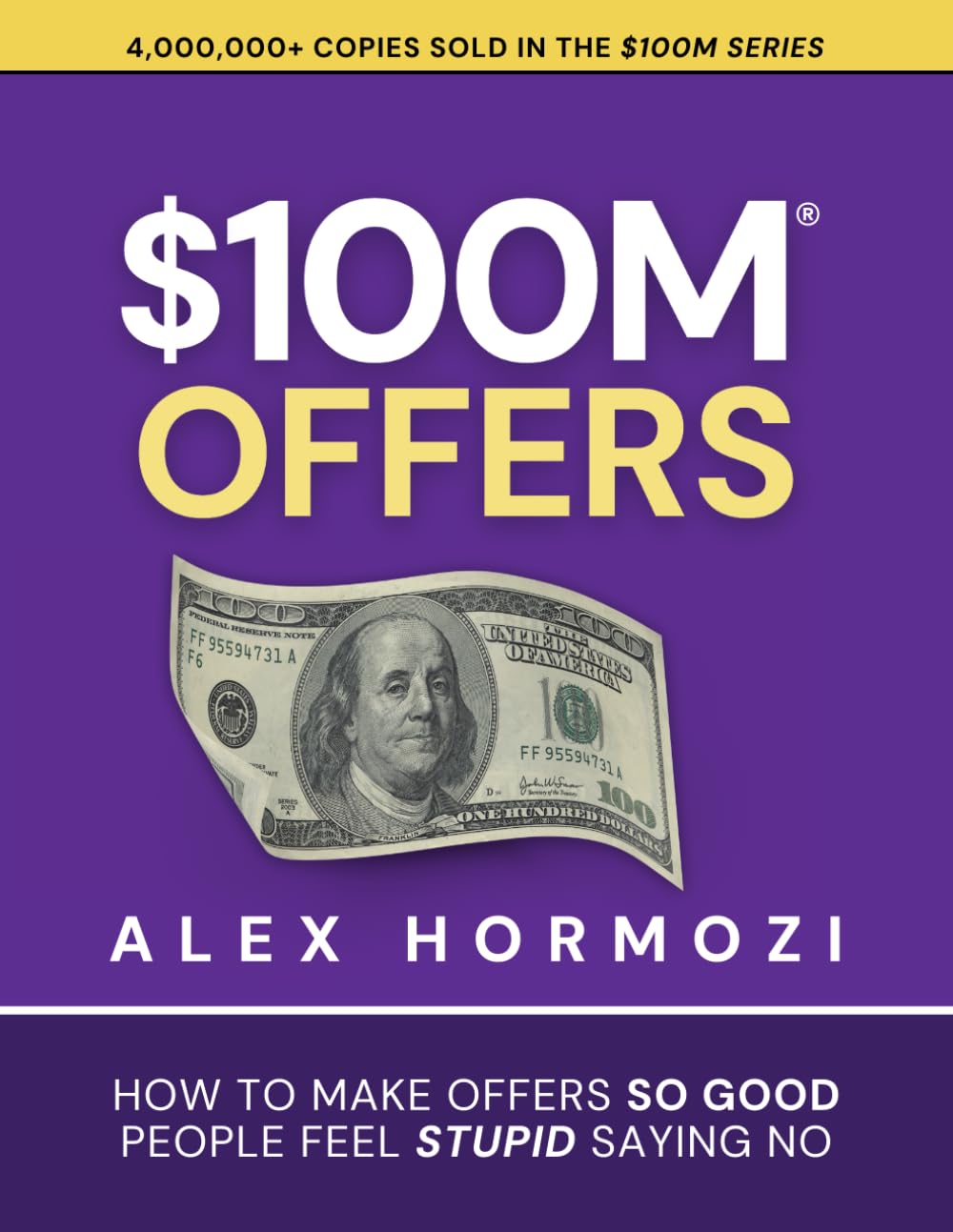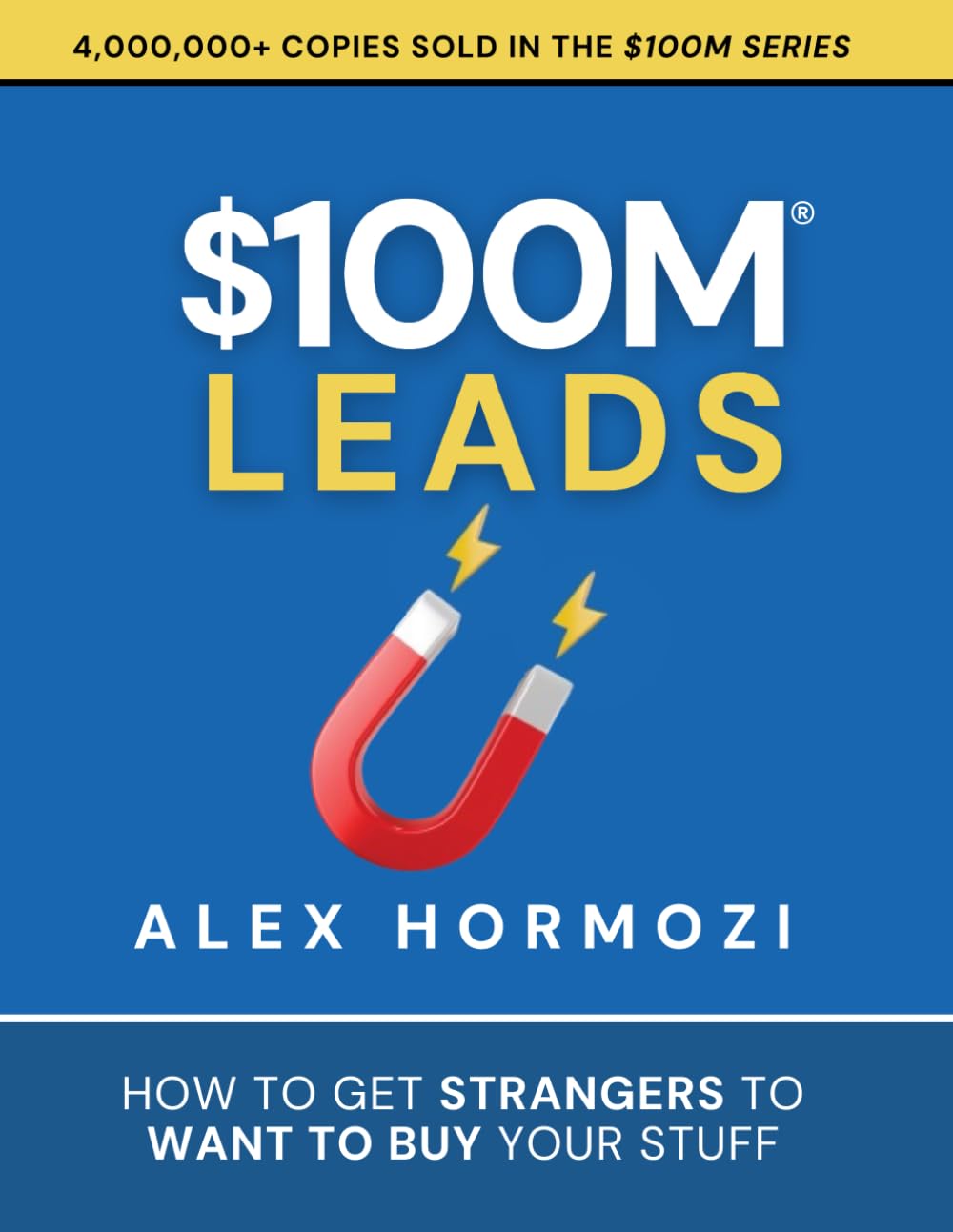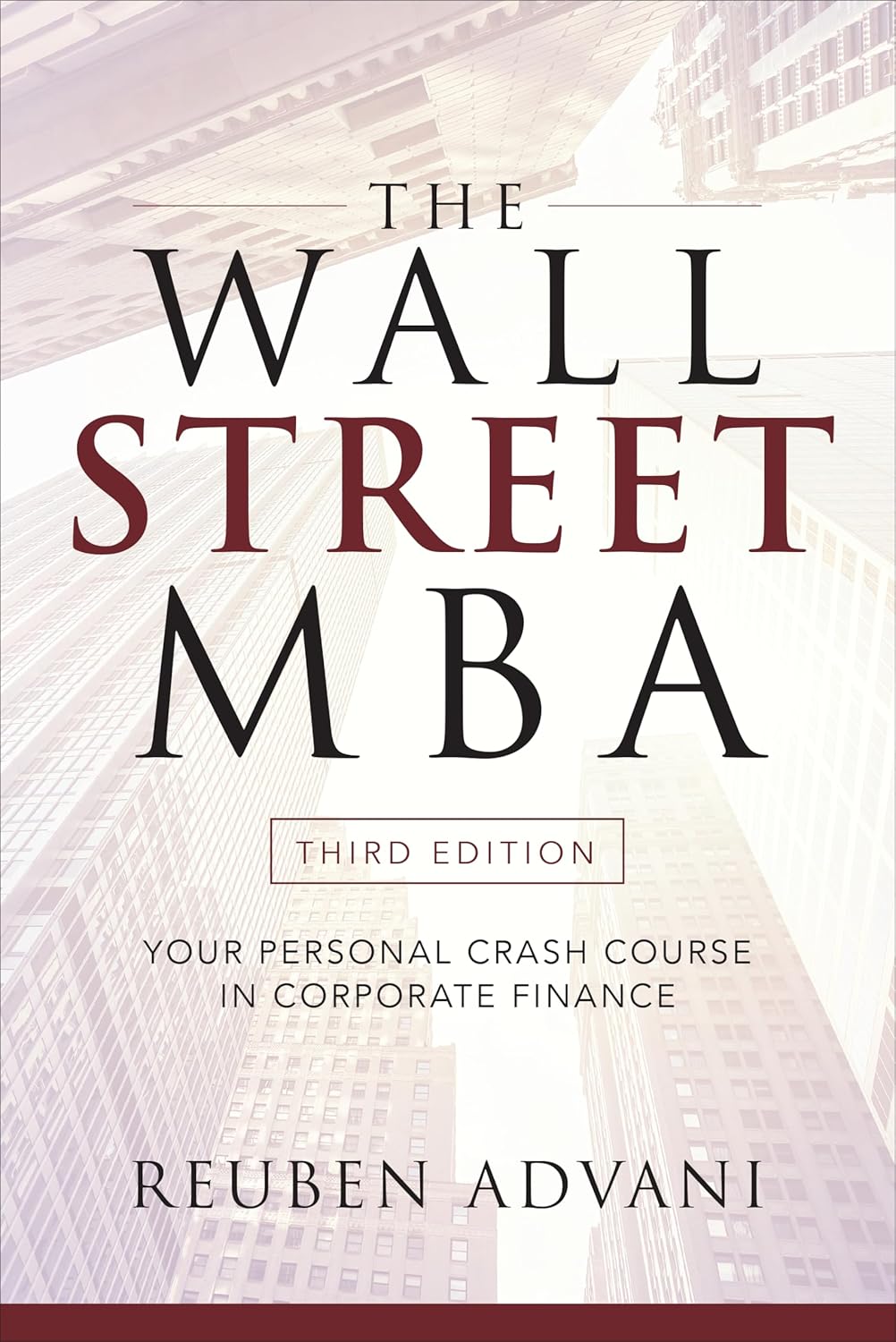What if you could gain a world-class business education for less than the cost of a single textbook? It sounds too good to be true.
Yet, a traditional Master of Business Administration (MBA) comes with a staggering price tag.
The average total cost for a top program now hovers around $203,000. For elite schools like MIT or Stanford, that figure climbs past $270,000.
This number only tells part of the story. It doesn’t include the biggest hidden expense: opportunity cost.
A full-time, two-year MBA program means two years of lost salary. For a professional earning $100,000 annually, that’s another $200,000 vanished.
The total investment quickly approaches half a million dollars. This massive financial barrier excludes countless talented people from the traditional path. But there is an alternative.
A curated library of powerful business books can provide the essential knowledge and strategic frameworks to rival, and even surpass, a formal degree.
The following list of ten books can beat any MBA degree by delivering actionable wisdom directly from the masters of the field, for a fraction of the cost and time.
Metric
Top-Tier MBA
The 10-Book Curriculum
Direct Financial Cost
~$250,000+
~$250
Opportunity Cost
~$200,000
$0
Total Investment
~$450,000+
~$250
Time Commitment
2 Years Full-Time
Self-Paced
Contents
- 1 Your Foundation: Building a Business Operating System
- 2 The Growth Engine: A Masterclass in Marketing and Sales
- 3 The Financial Toolkit: From Wall Street to Your Street
- 4 The Strategist’s Sanctum: A Three-Lens Approach to the Market
- 5 The Modern Entrepreneur’s Launchpad
- 6 Your Self-Directed, World-Class Education
Your Foundation: Building a Business Operating System
Every aspiring leader needs a solid foundation. This starts with understanding what a business is and adopting the right mindset to build it. These first two books provide that essential operating system.
1. The Personal MBA by Josh Kaufman
Josh Kaufman, a former brand manager at Procter & Gamble, set out to demystify business education. His book argues that you don’t need a mountain of debt to master the art of business.
Instead, he breaks every successful venture down into five core, interdependent processes: value creation, marketing, sales, value delivery, and finance.
The Personal MBA provides a comprehensive framework for understanding how any business works, from a local coffee shop to a multinational corporation. It teaches the universal principles that underpin every transaction and strategic decision.
Also Read: 7 Books Everyone Should Read at Least Once in a Lifetime (Before It’s Too Late)
2. The E-Myth Revisited by Michael Gerber
This classic text tackles the single biggest reason most small businesses fail. Gerber explains that founders often suffer from an “entrepreneurial seizure,” assuming that being good at the technical work of a business (like baking or coding) means they are equipped to run a business that does that work.
This is the “E-Myth.” The solution is to stop working in your business and start working on your business. Gerber teaches readers to build robust systems and processes, treating the business itself as the main product.
His core message is transformative: “If your business depends on you, you don’t own a business—you have a job“.
Together, these books form a powerful pair. Kaufman provides the “what”: the essential components of a business. Gerber provides the “how”: the mindset needed to build those components into a scalable, independent enterprise.
The Growth Engine: A Masterclass in Marketing and Sales
Once the foundation is set, the next challenge is growth. Alex Hormozi’s trilogy offers a modern and brutally effective system for acquiring customers and generating revenue. These business books provide a step-by-step playbook for creating demand.
3. $100M Offers by Alex Hormozi
Growth starts with an offer customers can’t refuse. Hormozi’s first book teaches how to craft a “Grand Slam Offer” so good that people feel foolish saying no.
He introduces the Value Equation, a framework for maximizing what a customer receives while minimizing their cost and effort.
This approach shifts the focus from competing on price to dominating on value. It forces a business to create a unique offering that stands in a category of its own, making price comparisons irrelevant.
4. $100M Leads by Alex Hormozi
An incredible offer is useless if no one sees it. This sequel provides a clear roadmap for generating a consistent flow of potential customers.
Hormozi outlines his “Core Four” lead generation methods: warm outreach, cold outreach, creating free content, and running paid ads.
The book focuses on practical strategies for turning strangers into “engaged leads”—people who have actively shown interest in what you sell. It introduces powerful concepts like the “Hook-Retain-Reward” system to capture attention and build trust with your audience.
Also See: These 7 Books Will Teach You More Than Any College Degree Or Course Ever Could
5. $100M Money Models by Alex Hormozi
This book is the final piece of the puzzle. It promises to reveal the systems for structuring the sequence of offers—upsells, downsells, and recurring revenue models—that create sustainable cash flow.
The core idea is that “cash flow is oxygen” for a business. The right money model allows a company to fund its own growth, creating a powerful, self-sustaining engine that removes cash as a limiting factor.
The Financial Toolkit: From Wall Street to Your Street
Finance is often the most intimidating subject for aspiring entrepreneurs. This book demystifies it, proving that you don’t need a Wharton degree to achieve financial literacy.
6. The Wall Street MBA by Reuben Advani
Who better to teach finance than a Wall Street veteran with an MBA from the Wharton School? Reuben Advani distills his elite education and experience at Morgan Stanley into a concise crash course in corporate finance.
The book covers the essentials every business leader must know. This includes how to read and analyze financial statements, value a company, and understand the cost of capital.
It’s an insider’s guide that delivers the 20% of financial knowledge that yields 80% of the results, making complex topics accessible and actionable.
The Strategist’s Sanctum: A Three-Lens Approach to the Market
While an MBA course might teach various frameworks in isolation, these three business books combine to offer a complete, multi-dimensional view of strategy across a business’s entire lifecycle.
7. Blue Ocean Strategy by W. Chan Kim & Renée Mauborgne
Written by two INSEAD professors, this book challenges the head-to-head competition that defines most industries.
Instead of fighting for a slice of a crowded “red ocean,” the authors teach how to create “blue oceans” of uncontested market space.
The key is “value innovation”, the simultaneous pursuit of differentiation and low cost to unlock new demand and make the competition irrelevant.
This is the playbook for market creation and business model reinvention.
Also Read: Want to Be Smarter? Read These 11 Books That Reprogram Your Brain
8. Good to Great by Jim Collins
Once a business is established, how does it become truly exceptional? After a massive research project, Jim Collins identified the timeless principles that elevate good companies to greatness.
The book introduces iconic concepts like Level 5 Leadership (a blend of profound humility and intense professional will), getting the right people on the bus (“First Who, Then What”), and the Hedgehog Concept: finding the simple, elegant intersection of what you are passionate about, what you can be the best in the world at, and what drives your economic engine.
9. The Innovator’s Dilemma by Clayton Christensen
Why do great companies fail? Harvard professor Clayton Christensen provides the stunning answer: they do everything right. They listen to their best customers and invest in improving their most profitable products.
This focus, however, blinds them to “disruptive technologies” that emerge in small, overlooked markets. These innovations initially seem inferior but rapidly improve until they upend the entire industry.
This book is a crucial guide for survival, teaching leaders how to spot and respond to disruptive threats before it’s too late.
These three books work in perfect harmony. Blue Ocean Strategy is for birth, Good to Great is for maturity, and The Innovator’s Dilemma is for survival.
The Modern Entrepreneur’s Launchpad
The final book on this list provides the definitive modern methodology for building a new venture in an age of uncertainty.
10. The Lean Startup by Eric Ries
Traditional business plans often fail on first contact with customers.
Eric Ries offers a scientific approach to entrepreneurship that embraces uncertainty. The core of his method is the “Build-Measure-Learn” feedback loop.
Instead of building a full-featured product based on assumptions, entrepreneurs should create a Minimum Viable Product (MVP) to test their core hypotheses as quickly and cheaply as possible.
The goal is “validated learning”, or discovering what customers truly want and will pay for. This agile, capital-efficient methodology has become the standard for a new generation of entrepreneurs.
Your Self-Directed, World-Class Education
A formal MBA offers networking and a credential. But for pure, actionable business knowledge, a self-directed curriculum can be more potent.
The authors of these books are professors at Harvard, Stanford, and INSEAD, and veterans of Wall Street and Procter & Gamble. They have distilled the essential lessons from the very institutions that charge a fortune for them.
The knowledge contained in these pages provides a complete education in value creation, marketing, sales, finance, and strategy. This collection of books can beat any MBA degree not just on cost, but on the power of applied learning.
Reading these books is an active process of solving the real-world problems your business faces today. That is an education no classroom can replicate.









